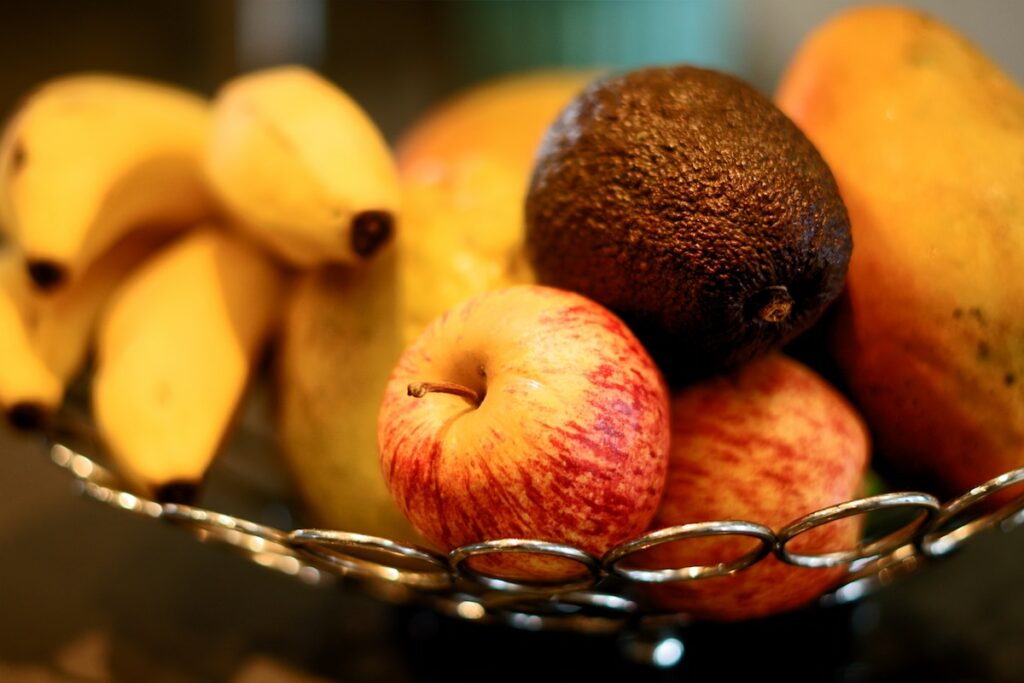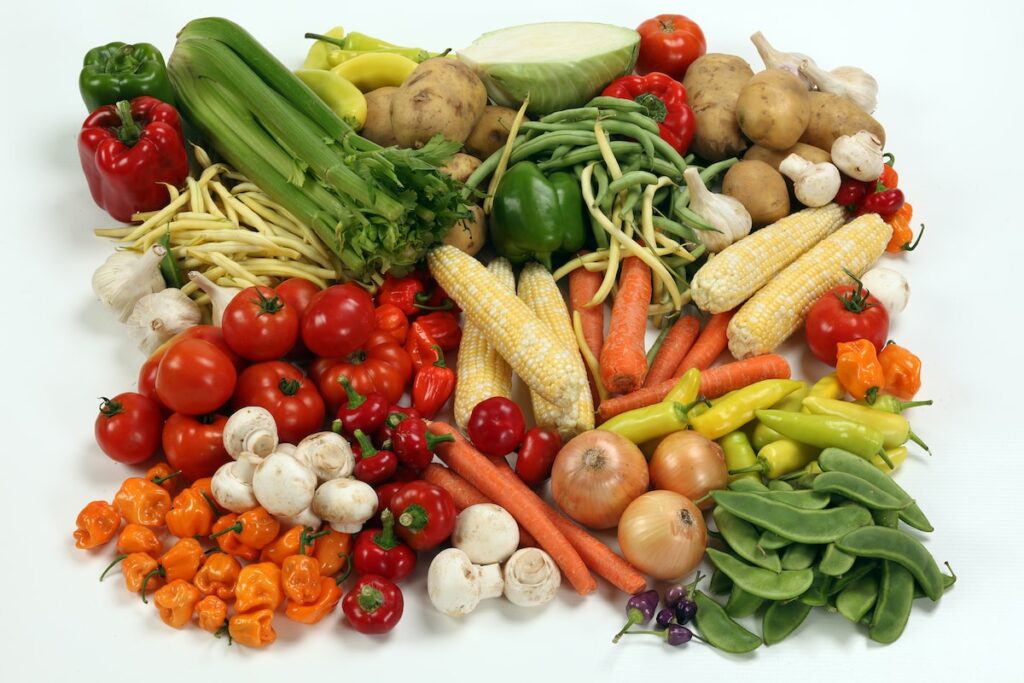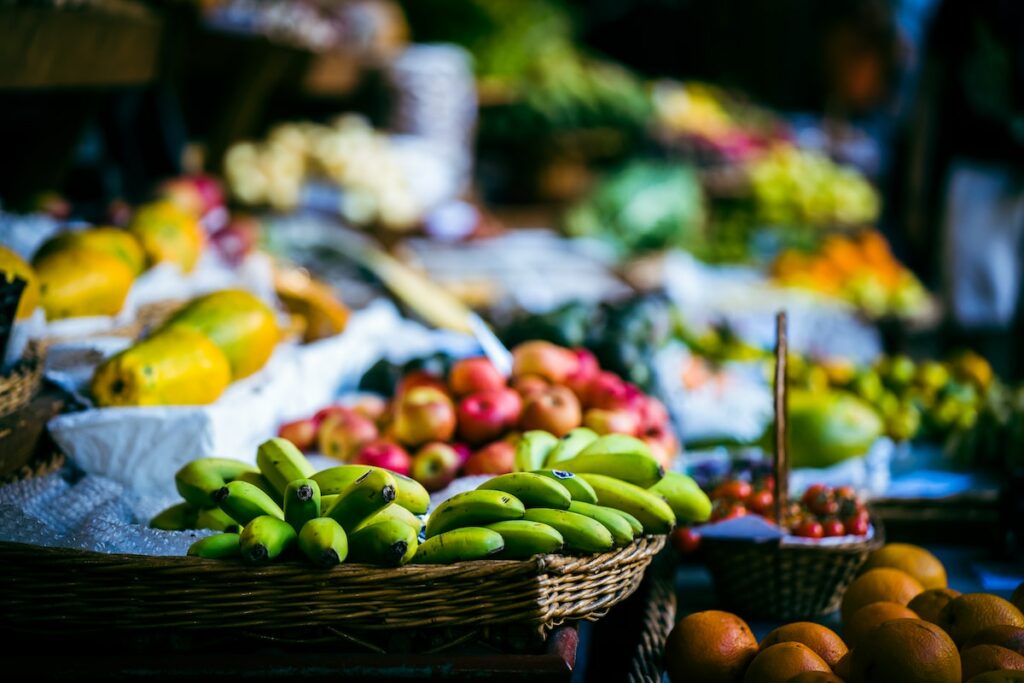Understanding Potassium- its Role for a Vibrant You and 10 Food Sources for Better Health

Potassium, a humble yet essential mineral, plays a vital role in your health and wellbeing. Often overlooked, this silent hero is the unsung powerhouse that fuels cells and nerves, and its significance extends far beyond what meets the eye. Let us explore the extraordinary world of potassium and discover the profound impact it has on our health.
Understanding Potassium: A Vital Electrolyte
Referred to as an electrolyte, potassium carries a small electrical charge that activates a myriad of cellular and nerve processes within our bodies. It is not only a key player in maintaining fluid balance but also vital for muscle contractions, nerve signalling, and heart function. Without adequate potassium, these crucial processes can falter, leading to a cascade of health issues.
The Body’s Potassium Needs
Your body require a steady supply of potassium to sustain optimal functioning. The recommended daily intake for adults is approximately 2,600 to 3,400 milligrams (mg). However, individual needs may vary based on factors such as age, sex, activity level, and any underlying health conditions. Athletes and individuals engaged in rigorous physical activity may require more potassium to replenish losses through sweat.

10 Foods sources of natural of Potassium
Fortunately, potassium is readily available in an array of delicious and nutritious foods. Bananas, potatoes, sweet potatoes, spinach, avocados, oranges, and beans are just a few examples of potassium-rich sources. By incorporating these foods into our diets, we can effortlessly meet our potassium needs while enjoying a diverse range of flavours and nutrients. Here are the top 10 foods sources of Potassium:
1. Leafy Greens: Among the champions of potassium-rich foods are leafy greens such as spinach, kale, and Swiss chard. These vibrant, nutrient-dense greens not only add a burst of color to your plate but also deliver a hearty dose of potassium.
2. Beans: Whether it’s black beans, kidney beans, or chickpeas, legumes are a fantastic source of potassium. They offer a winning combination of plant-based protein, fiber, and essential nutrients, making them an excellent addition to any diet.
3. Nuts: Crunchy and satisfying, nuts like almonds, pistachios, and cashews are a natural source of potassium. Additionally, they offer healthy fats and antioxidants, making them a nutrient powerhouse.
4. Dairy Foods: Dairy enthusiasts know that milk and yogurt are rich in potassium. Opting for low-fat or non-fat options give you the benefits without excess saturated fat.
5. Starchy Vegetables: Winter squash, including butternut squash and acorn squash, are starchy delights teeming with potassium. These comforting vegetables are perfect for hearty soups and flavourful side dishes.
6. Fruits: Nature’s sweet gift, fruits are not only delicious but also packed with potassium. Bananas are particularly well-known for their high potassium content, but other fruits like oranges, avocados, and cantaloupe also contribute to your potassium intake.
7. Sweet Potatoes: This vibrant orange root vegetable deserves a special mention for its impressive potassium content. Roasted, mashed, or turned into fries, sweet potatoes are a delectable and nutritious addition to any meal.
8. Tomatoes: Tomatoes and tomato products, such as tomato sauce and canned tomatoes, are excellent sources of potassium. They can add a burst of flavor to a wide variety of dishes, from salads to pasta sauces.
9. Fish: Certain types of fish, such as salmon and tuna, contain potassium. Incorporating fish into your diet not only provides this essential mineral but also delivers heart-healthy omega-3 fatty acids.
10. Potatoes: Besides their starchy cousins, sweet potatoes, regular potatoes are also rich in potassium. Whether mashed, baked, or roasted, potatoes offer a versatile canvas for creative culinary experiences as well as easy cooking.
From the vibrant hues of leafy greens to the comforting goodness of winter squash, there’s no shortage of options to elevate our potassium intake. By incorporating these wholesome foods into our diets, we not only savour their flavours but also reap the rewards of improved heart health, stronger bones, and overall well-being.

The Impact of Potassium on Health
Potassium’s influence on health is multi-faceted and far-reaching. Its role in maintaining healthy blood pressure is particularly noteworthy. Adequate potassium intake can counteract the negative effects of sodium, promoting balanced blood pressure levels and reducing the risk of hypertension—a significant risk factor for heart disease.
Moreover, potassium’s impact extends to bone health. Studies suggest that a diet rich in potassium can help preserve bone density and reduce the risk of osteoporosis, a condition characterized by weak and brittle bones.
Additionally, potassium plays a crucial role in supporting muscle function and preventing muscle cramps and spasms. Athletes and active individuals, in particular, can benefit from potassium’s ability to promote proper muscle contractions, aiding in performance and recovery.
Supplementing Potassium with Caution
While potassium supplements are available, it is essential to exercise caution when using them. Excessive potassium intake from supplements can lead to hyperkalemia—a condition where blood potassium levels become dangerously high. Hyperkalemia can cause heart rhythm disturbances and may be life-threatening. It is best to obtain potassium from natural food sources unless specifically recommended by a healthcare professional.
Finding the Balance: The Critical Connection between Sodium and Potassium Intake
In the quest for better health, the delicate balance of nutrients within our diets takes centre stage. Among these vital elements, sodium and potassium hold a crucial key to unlocking a healthier, more vibrant life. Recent research reveals that the relationship between these two minerals is more than just a matter of quantity—it holds the potential to shape our very mortality.
The Impact of High-Sodium, Low-Potassium Diets
In a ground-breaking study, researchers at Harvard uncovered a startling revelation: those consuming high-sodium, low-potassium diets faced a significantly higher risk of heart attack and death from any cause. Among the participants studied, those with the highest sodium intakes experienced a staggering 20% higher risk of death from any cause compared to those with the lowest sodium intakes.
The Mighty Power of Potassium
Conversely, those with higher potassium intakes demonstrated a different fate. The study revealed that individuals with the highest potassium intakes boasted a remarkable 20% lower risk of mortality than those with the lowest intakes. Potassium’s ability to support heart health and preserve bone density undoubtedly played a pivotal role in shaping these results.
The Balance: Sodium-to-Potassium Ratio
However, what emerges as even more critical for health is the relationship between sodium and potassium within the diet. Those with the highest ratio of sodium to potassium experienced a harrowing reality. Their risk of dying from a heart attack was doubled compared to those with the lowest ratio. Furthermore, they faced a shocking 50% higher risk of death from any cause.
This finding highlights the importance of striking a balance between sodium and potassium intake. While sodium is essential for various bodily functions, excessive intake can lead to adverse health effects, particularly concerning heart health. On the other hand, potassium, often overshadowed by sodium, plays a pivotal role in counteracting these negative effects, promoting heart health, and supporting overall longevity.
Unlocking the Health Potential
As we navigate the complex landscape of nutrition, these findings underscore the importance of making mindful dietary choices. Embracing a balanced diet that prioritizes potassium-rich foods, such as fruits, vegetables, and legumes, while minimizing sodium-heavy processed foods, holds the key to better health outcomes.
By increasing potassium intake and moderating sodium consumption, we take strides towards reducing the risk of heart disease, enhancing bone health, and improving overall well-being. It’s time to redefine our approach to nutrition, aligning it with the power of potassium and recognizing the potential consequences of excessive sodium.
The relationship between sodium and potassium within our diets is more than just a simple equation—it holds the power to shape our health and mortality. Striking a balance between these vital minerals is crucial for heart health, longevity, and overall well-being. Embrace the transformative potential of a balanced diet, and unlock a brighter, healthier future for yourself—one that revolves around the critical connection of sodium and potassium within your plate.
Potassium’s significance in maintaining overall health cannot be overstated. From ensuring smooth nerve and muscle functions to supporting heart health and bone density, this essential mineral is a true health ally. Embrace a balanced diet that includes potassium-rich foods, and experience the transformative power of this quiet but mighty nutrient. Remember, with potassium by your side, you unlock the potential for vibrant health and well-being.
Do you want to share your story and inspire our readers ? Know that every story is paving the way for a brighter, happier future.




